
I have a question for you – when was the last time you walked out of a cinema, silent and stunned by what you saw?
I’m guessing it would be Avengers: Infinity War. Moulded like a cliffhanger embarking on its season finale, The Russo Brothers handled a tricky task of managing a large cast of superheroes and yet expertly positioned the film from the villain’s point of view. It’s a smart, subverted take on superhero expectations where evil (for once) wins. As an escapist, superhero fantasy film, Avengers: Infinity War lived up to its expectations, despite knowing that a lot of its plot elements are bound to be re-written and undone as it heads towards its endgame.
Spike Lee’s BlacKkKlansman is the stellar opposite. This is not an escapist film or mere entertainment. BlacKkKlansman doesn’t have mystical stones that could potentially reset everything. This is a compelling and extraordinary film that refuses to apologise in spelling out the daily struggles of racism, the rise of alt-right fascism and extremism and the repetitive subjugations of the black community. BlacKkKlansman is Spike Lee’s most significant film since Do The Right Thing and Malcolm X.
“With the right white man, we can do anything.” – Ron Stallworth
When we often think about great film directors, the usual suspects always appear – Kubrick, Nolan, Scorsese, Malick, Coppola, De Palma, Anderson, Bigelow and even Spielberg. Spike Lee deserves to be in that same crowd. Given his stellar career that has spanned decades, BlacKkKlansman can be viewed as Spike Lee completing a trilogy on ‘black consciousness’ – films designed as discussion or conversation starters. It’s unfair to label Spike Lee as a ‘controversial director’ when Lee has been asking consciously informed questions that society doesn’t seem to have a legitimate answer for. In the case of BlacKkKlansman, he defiantly asks ‘who is America?’ and relative to how Spielberg has evolved and transcended into a film historian (Munich, The Post and Schindler’s List as his notable examples), BlacKkKlansman is an educational piece. The one factor that cements this emotional, uncomfortable and visceral journey is that BlacKkKlansman is based on a true story.

BlacKkKlansman belongs in the same circle as Ava DuVernay’s effectual film 13th, both examining and lifting the veil on America’s sanitised history. But it’s strength comes from its powerful examples which place the context of the anger in a sickening and unforgivable fashion.
It’s the cinematic examples of Gone with the Wind and D. W. Griffith’s Birth of a Nation, films in which one depicts slavery as a happy experience, and the other promotes black people as savagely aggressive and uncontrollable animals who need to be stopped by any means necessary. It’s the fear endorsed rhetoric by Dr Kennebrew Beauregard (Alec Baldwin) disgustingly provoking the idea of America being ‘under attack’ from ‘mongrels’ who are infecting America’s treasured traditions.
It’s a real, emotional gut punch. BlacKkKlansman takes no prisoners in its dialogue and its significant transitions. Once that realisation starts to sink in, the generational impact of fear has a psychological transference that has stretched through time, right through to the present day. It’s a movement that has been politically and socially imbued as a ‘normal way of life’, becoming a cultural enabler for the racism (both casual and aggressive) and hostile practices in society. The disturbing lack of accountability in regards to criminal justice, laws designed for segregation and the normalisation of hate is intensely realised in the retelling of Jesse Washington‘s story thanks to Harry Belafonte or members of the Klan shooting stationary black targets for gun practice (which according to IMDB, the targets were not props and easily purchasable on the internet).
What Spike Lee does exceptionally well is delivering a coherent balance. He knows when to sharply present humour and wit, mocking the Klan for their stupidity and ignorance (such as the ridiculous scene where David Duke (Topher Grace) describes the difference between a black and white voice) and then strengthen his argument with a necessary and righteous conviction on how that hatred fuels into anger, violence and domestic terrorism. It’s not just black people that face the wrath of the Klan, the Jews suffer as well.
“All power to all the people.” – Kwame Ture
While examining the rise of racial tension and the Ku Klux Klan, BlacKkKlansman devotes time to analyse black culture and identity.
In the character of Ron Stallworth (the excellent John David Washington), we see through his eyes the various examples of compromises and conflict in the rise of black empowerment and consciousness. The Colorado police force tests Ron’s reaction on how he would respond to being called the N-word. It’s Ron starting at the bottom working in the records room, forced to swallow the casual and racist language from other fellow officers. Once re-assigned, it’s working as an undercover officer, first infiltrating a black rally to observe if they’re going to incite a race war before following into the steps of infiltrating the Ku Klux Klan. This is done in full recognition knowing that the brutal trace of violence and intimidation with the police in establishing ‘law and order’, has been a constant obstacle with the black community. Even something small like the casual debate between Ron and Patrice (Laura Harrier) on whether Blaxploitation films like Coffy, Superfly, Cleopatra Jones and Shaft are a fair representation of black people is another engaging debate.
There is no doubt that director Spike Lee reveals societal questions about progression. It bears a similar resemblance to the ending of Do The Right Thing, ending on the quotes of Martin Luther King Jr. and Malcolm X. In BlacKkKlansman it asks, can you work within the system to promote change or does change need a radical approach? With Ron’s journey, it the unspoken reflection of that daily struggle of proving himself to be a professional police officer and standing up for the black cause. However, on a larger scale, it’s also a timely and honest reflection in acknowledging how fractured and divided the black community can be. When that same, toxic, vile language is used to paint and criminalise every black individual, it is a de-humanising experience, one that affects confidence and attitude where it’s easy to be scared, doubt, judge and fear each other. It’s Kwame’s (Corey Hawkins) rallying speech why Lee predominantly places the focus on the faces of black people. The background is drowned out to black to psychologically focus and compliment black figures as unique and beautiful individuals. It’s as if Kwame is directly speaking to them (and us), to remind we are deserving of equality and fairness. When you think about the time setting where progressive leaders were either arrested, assaulted or assassinated, the lack of unity and deepening distrust is telling, helped by the systematic institutions that inflict double standards, excessive violence and hypocrisy.
Considering that BlacKkKlansman was constructed before the release of Childish Gambino’s sensational music video, there are contemporary parallels to ‘This is America‘.
The primary, analytical comparison takes place in the aftermath of a ‘stop and search’ and the sexual assault of Patrice by a white police officer. The Angela Davis inspired character meets up with Ron and recounts the story. What transpires next is a remarkable dance invitation and sequence, set to the tune of ‘Too Late to Turn Back Now’ by Cornelius Brothers and Sister Rose. Now think about that for a second because the move is deliberate in its response. Patrice has gone through an emotional and traumatic experience, only to be followed by the sudden disconnection of black people ‘dancing their troubles away’. Just like ‘This is America’ and how it shocks an emotional response, it is a scene that serves as a momentary distraction of perceived acceptability. We’re all happy when black people serve a particular function or role – the feel-good, positive, soul train vibe that makes us ‘hip and cool’ as trendsetters (or going back to the example of Gone with the Wind, black slaves were happy to work in subservience). But when it comes to subjects that matter most, issues that violate basic human rights, we turn a blind eye and disappear into the void called silence.

We are ‘seen but not heard’, echoing tremendously with the NFL, Black Lives Matter, and the current treatment of players kneeing during the National Anthem. It evokes the paraphrased commentary from shirt-burning supporters of ‘we just want you to play, don’t disrespect America and the flag and protest on your own time.’ It’s an aspect that Jordan Peele explored in his outstanding film Get Out, where a murderous family wanted to take ‘black features and qualities’ like selecting sweets from a pick and mix but none of our history or culture. As Gambino pointed out, while our focus was on the smiling and dancing faces, we didn’t even notice the chaotic destruction behind him. To add insult to injury, a gun has more ceremonial value than a human life. Spike Lee’s scene not only summons those memories (including the traverse meaning of ‘suffering in silence’ for women, going back to the days of American slavery), it is an imagery reinforced in another scene by a Klansman who gives us credit for ‘our dancing’ and nothing else.
But the most significant aspect to take away from BlacKkKlansman is that this fight of racism is not exclusively targeted just to black people and its community. It’s an everyday struggle and fight that involves everyone or as Ron says to Flip (the excellent Adam Driver), “why are you acting like you ain’t got skin in the game?” Because as Lee poignantly demonstrates in the final scenes as Ron and Patrice are dollied and transported straight into the future, nothing has changed. Not only do we live in a world where racism has been used for division and political attention, but it normalises the rhetoric like a game show catchphrase with a red carpet rollout. What makes the situation dangerous is how people continue to make excuses for the provocation. And if you’re still not convinced, like a final nail in the coffin, Spike Lee projects his greatest statement of them all – the constant reflections and hints at modern day society are not just thrown in for fun. It’s the heartbreaking admittance at what we’re seeing is nothing new. History can be an ugly reminder because the hate speech and monstrous rhetoric have been used before, commercialised, re-packaged, re-sold and re-consumed by the public for each new generation like an unbreakable cycle. If that notion doesn’t scare you, what will?
Undoubtedly, BlacKkKlansman is one of the best films of the year and worthy of my highest recommendation. It’s an ingenious plot, shaped like a buddy-cop film with real-life connotations. The truth can be shocking and uncomfortable, but we have a long way to go before real change occurs and it’s better to wake up now than continually edge down a path of no return.

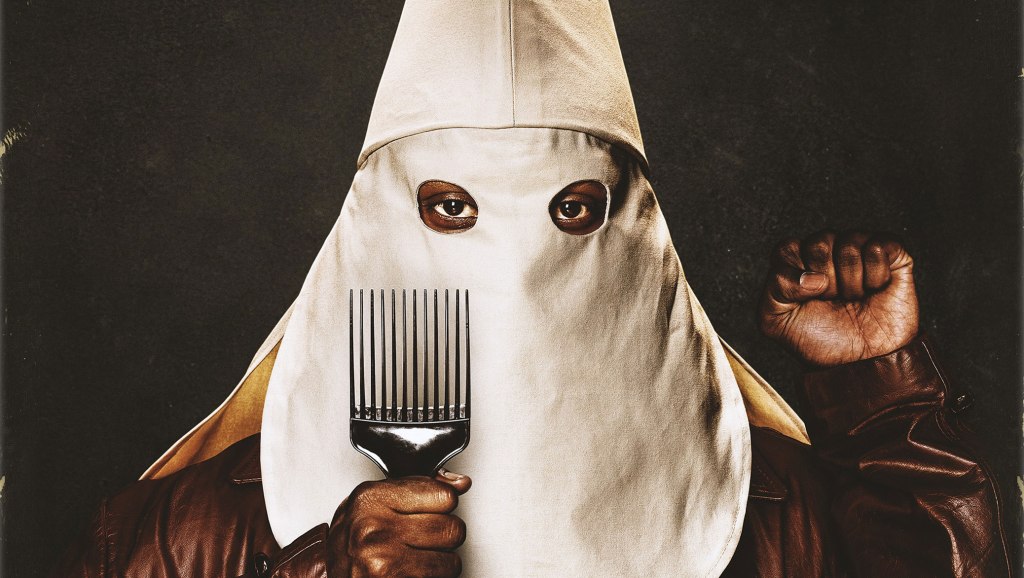
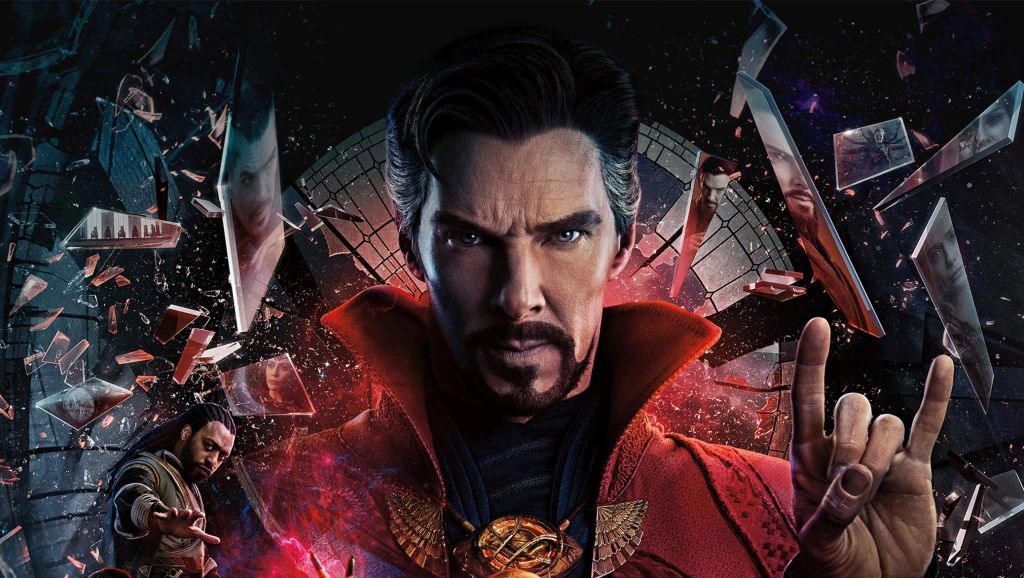
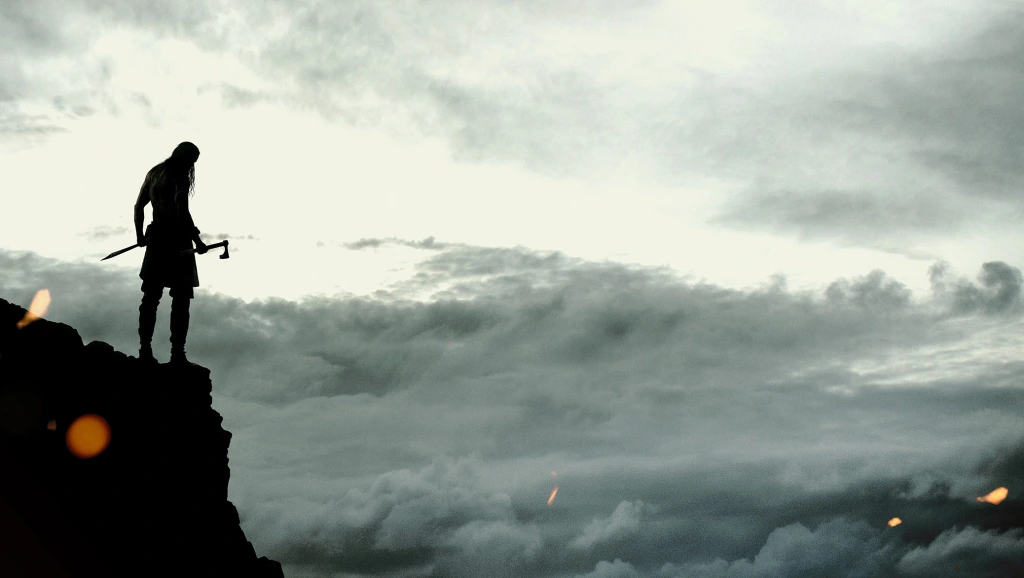
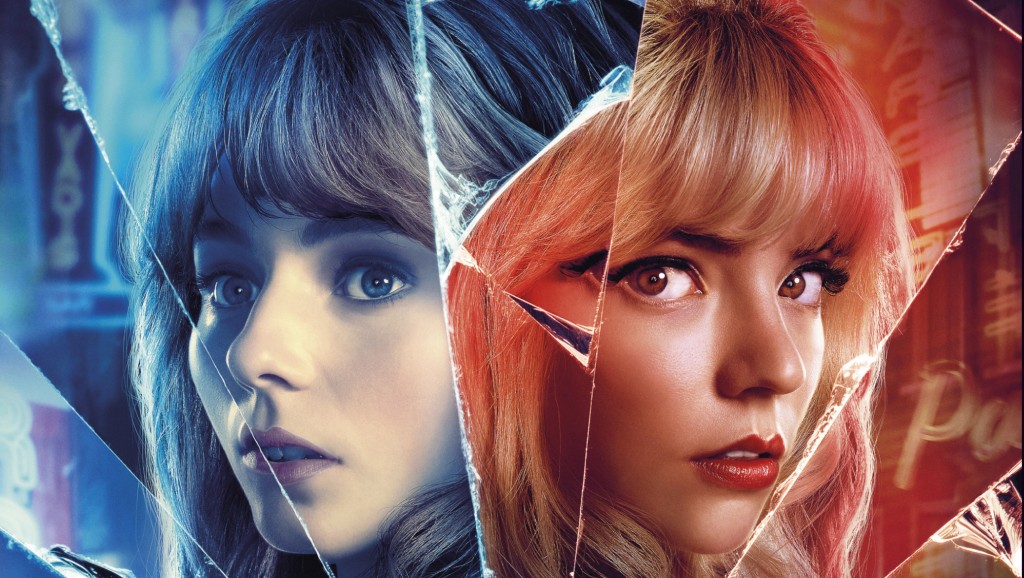
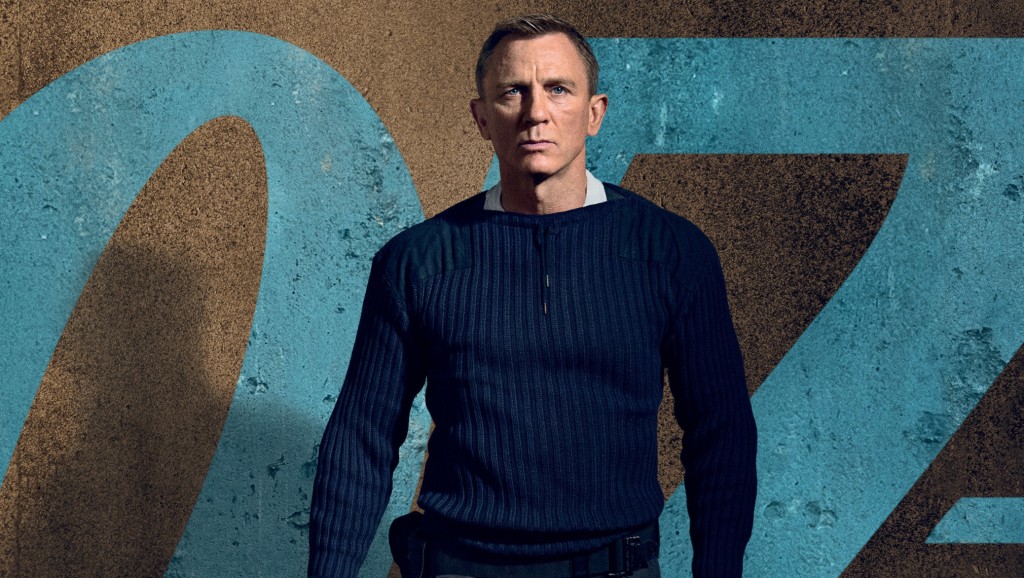
Don’t Be Shy – Leave a Reply